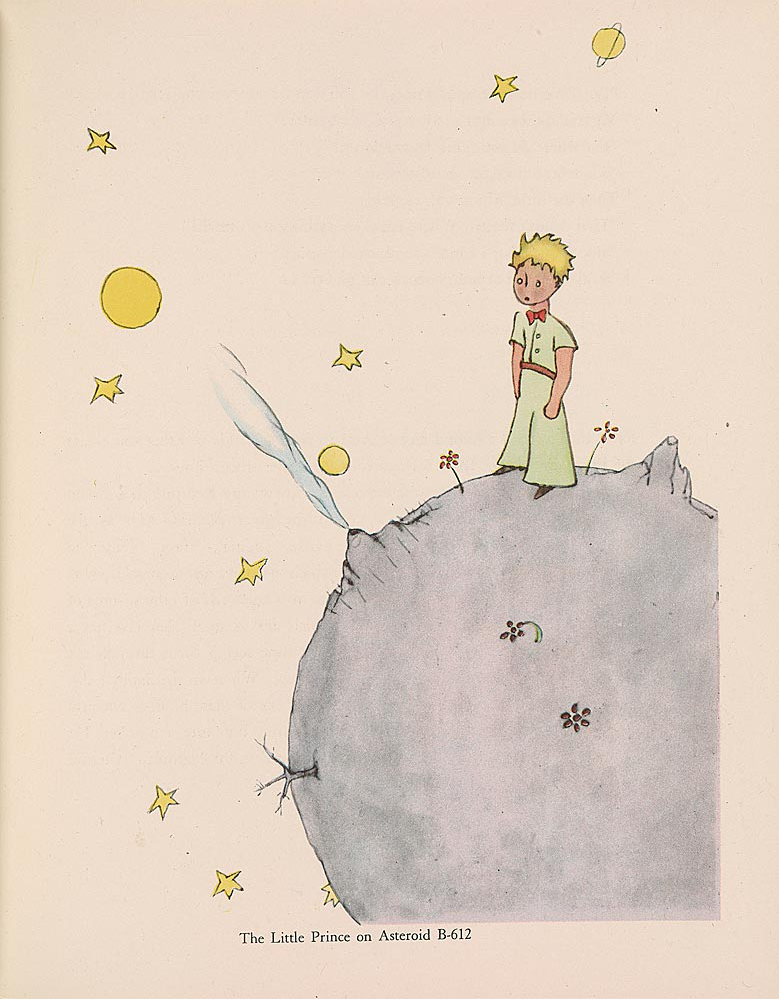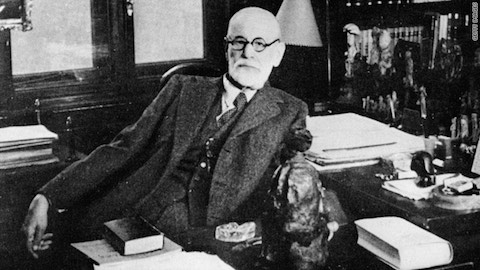There are few things more fraught for a writer or artist than approaching a subject that has already passed into popular legend and myth. This is surely the case with Kurt Cobain, who—deservedly or not—attained a status as cultural icon unsurpassed by any member of his generation. Cobain committed suicide an almost unbelievable twenty years ago today, and some recent approaches to his memory have been, well, awkward to say the least. First, there is the amateurish commemorative statue in Cobain’s hometown of Aberdeen, Washington. Variously described as “bizarre,” “hideous,” and resembling a “crying wino,” the mawkish statue’s existence is made even more pathetic by the fact that Cobain’s hometown didn’t care much for him in life, and the feeling was mutual. Now Aberdeen wants to cash in, declaring a “Kurt Cobain Day.” Aberdeen Mayor Bill Simpson hopes the statue will become “just as big as Graceland, eventually.” Cobain had a morbid sense of humor, but I doubt knowing he’d be turned into a kitschy tourist destination would have lightened the despair of his last days.
As exhibit B, I offer the media’s cultish fascination with newly-released police photos of Cobain’s death scene. The coverage prompted a CNN article with what Deadspin spin-off The Concourse called “The Worst Kurt Cobain Lede Ever” (they go on to mock said lede mercilessly, and deservedly). Atrocious though such coverage may be, there’s good reason beyond nostalgia, hero-worship, or sick fascination to revisit Cobain’s legacy. On April 10, Michael Stipe will induct Nirvana into the Rock and Roll Hall of Fame, formally enshrining the once scruffy outsiders in the hallowed company of ultimate rock insider-dom. This gesture might make some people (maybe it’s just me) feel a little conflicted. After all, wasn’t it precisely the grandiose, popular-kid culture of halls of fame that drove Cobain to the margins, where he did his best work, and ultimately drove him to hate what he’d become—a star? In his strange suicide note, we see Cobain beating himself up for being unable to live up to the hype—unable, as he put it, to be a “Freddy Mercury” and “relish in the love and adoration from the crowd.” There’s something, perhaps, almost tragically insensitive, however well-intentioned, in posthumously turning Kurt Cobain into Elvis.
One might consider such things while watching the 2006 BBC documentary above, The Last 48 Hours of Kurt Cobain. In contrast to the sensationalism of most Cobain-related media, its tone is dry and unaffected as it canvasses the reluctant rock star’s life and death, interviewing fellow rock stars, band members, and journalists, as well as regular Joes and Janes who knew and interacted with him during his troubled youth in Aberdeen. Much more than its title suggests, the hour and twenty minute doc works well as a biography of Cobain and a brief history of Nirvana and the Seattle scene that birthed them. An Australian magazine accurately describes the film thus:
The documentary includes interviews with Nirvana band members, friends, and witnesses of his whereabouts during that dreadful week. The DVD also focuses on his incredible talents, showing the making of the track Drain You, excerpts from Smells Like Teen Spirit, In Bloom, Come As You Are and more. Also featured is the story behind the controversial Nevermind cover and an interview with the star.
Opinion on the film’s quality is, unsurprisingly, strongly divided among Nirvana fans on Youtube. But as you surely know, with all such widely sensationalized subjects on the internet, it’s generally best if you don’t read the comments.
You can find The Last 48 Hours of Kurt Cobain listed in our collection of Free Documentaries, part of our larger collection of 675 Free Movies Online.
Related Content:
Nirvana’s Home Videos: An Intimate Look at the Band’s Life Away From the Spotlight (1988)
Kurt Cobain’s Isolated Vocal Track From ‘Smells Like Teen Spirit,’ 1991
Josh Jones is a writer and musician based in Durham, NC. Follow him at @jdmagness




